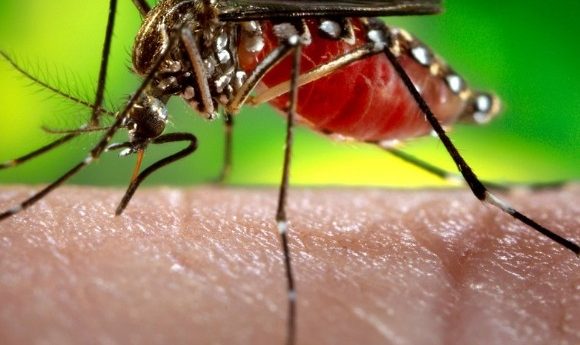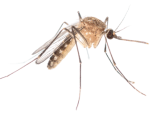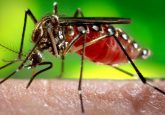Dengue defends against Zika virus

Prior infection by dengue fever has been found to confer a level of defense against the progression of the Zika virus to a symptomatic state.
An international collaboration of researchers from North and South America, supported by the National Institute of Allergy and Infectious Diseases (NIAID; USA), has uncovered a link between previous dengue fever infection and the severity of a Zika virus infection. The study found that those with an exposure history of dengue fever presented less severe symptoms than those without.
Both Zika and dengue fever are carried by the same mosquito, Aedes aegypti, and result in a similar symptom profile, including rash, fever and joint pain. Previous observations of dengue fever have established that a second infection by dengue can result in a much more severe progression of the disease. As a result, researchers have been concerned about the impact of a prior dengue fever infection on the severity of an infection by the closely related Zika Virus.
In order to study this association, the research team examined 3893 children between the ages of 2 and 14. They used RT-PCR and analysis of antibodies in blood samples to diagnose Zika infection and examined the exposure histories of 3,077 children in the study to determine the number who had previously been infected with dengue fever.
The results showed that of the initial 3,893 children, 1,356 had a Zika infection, with 560 of these cases presenting as symptomatic. Of the 3,027 children whose history was examined, 743 had at least one prior dengue fever infection. The researchers then used statistical models adjusted for age and sex to analyze these results.
The analysis showed that children with a previous dengue infection were significantly less likely to display symptomatic Zika infection but were no less likely to have the virus. This indicates that prior dengue infection can actually help protect against the progression of the virus to a symptomatic state, conferring an extra level of defense against the disease.
This study highlights the need for further research to explore the immunological link between these two viruses and to identify whether dengue immunity is specifically protective of the congenital Zika syndrome or Zika-related neurological complications.





